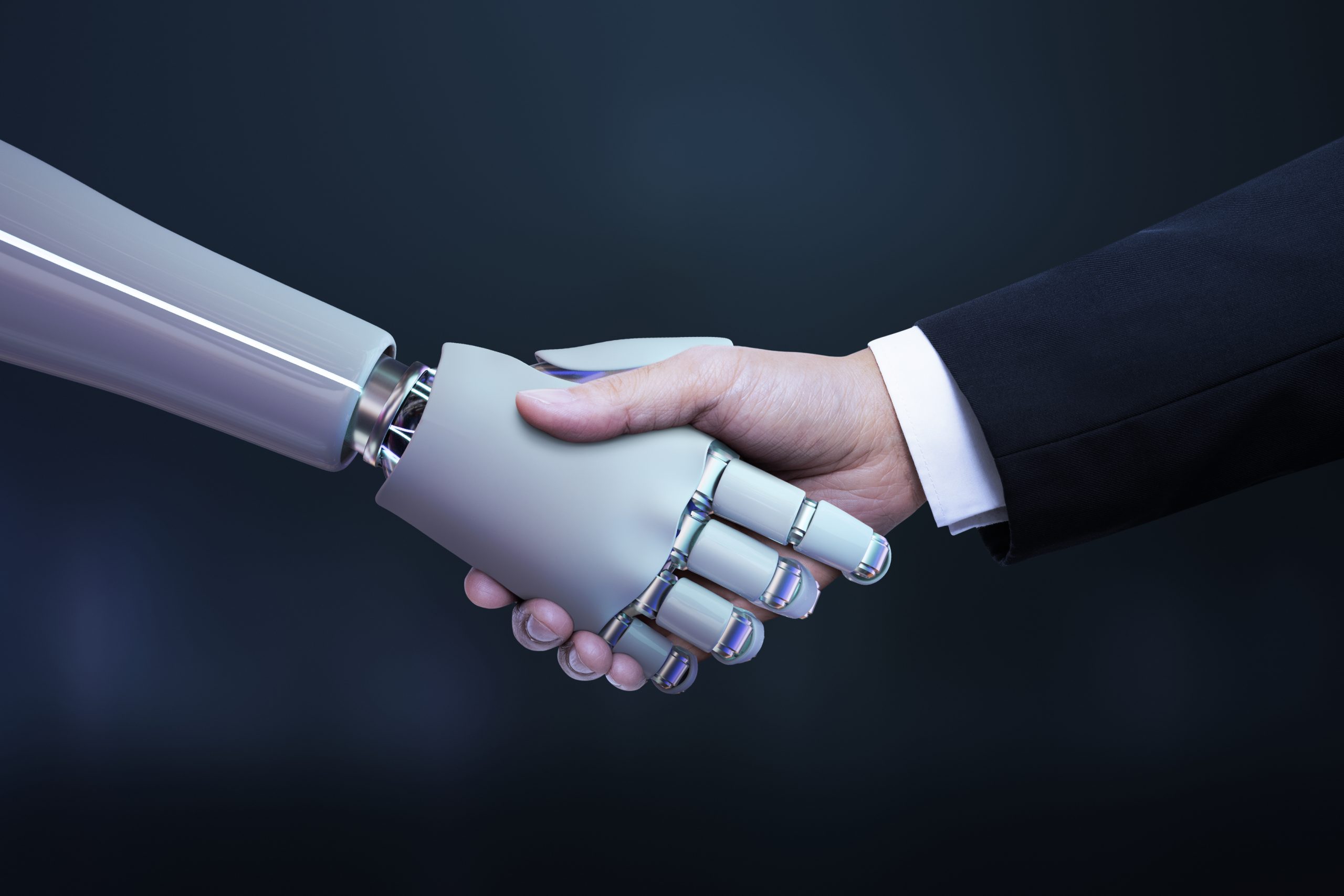AI & HR: Revealing The Secrets Of A Love-Hate Relationship
With AI technology becoming more widespread in most sectors, Hogan Assessments examines the potential impact AI adoption could have on the traditional recruitment process
Artificial intelligence (or AI as it is more commonly referred to) lit the promise of making work easier, faster and more objective. Now that companies have been able to devote time to researching or integrating this automation into their daily routines the question remains… has AI been able to deliver on any of these promises?
*Now the achievements and deficits of AI in HR processes have been have analysed, to determine how beneficial the technology could be to organisations long-term.
The bright side of AI
One of the main HR challenges is recruiting effectively. Hiring processes can be time-consuming. In fact, the Society for Human Resource Management Talent Acquisition Benchmarking Report found that the average time to fill a role is 26 days. Various causes can be spotted when zooming in on the factors behind the average recruiting speed, such as the internal approval system of an organisation or the initial candidate screenings. “The most relevant reason is the reactive approach the majority of organisations take, typically responding to past events instead of strategically preparing for the future”, analysed Dr. Ryne Sherman, Chief Science Officer at Hogan Assessments.
In this sense, the use of AI to improve sourcing can greatly enhance an organisation’s ability to find the right talent quickly, helping HR departments identify candidates with the necessary skills and experience. Moreover, AI can recommend jobs to potential hires, and even predict the job performance of individuals being interviewed. “AI can also be a strategic ally because it has the potential to assist hiring managers by creating a more engaging candidate experience, helping them overcome subjectivity bias by gathering data from previous employees in similar roles and preparing targeted questions for interviewers to ask candidates”, continued Dr. Sherman.
Beyond the spell of the AI charm
Although AI offers a lot of potential for HR departments, it is important to be aware of the possible dangers and ethical dilemmas that companies may face if they choose to further integrate this technology into their HR processes. Bias has long plagued hiring and recruiting. AI systems built on historically biased hiring and recruiting practices perpetuate, and even exacerbate, those same biases. Extensive testing with diverse populations is and continuous monitoring of selection rates is critical for ensuring new AI systems do not contain and perpetuate these old biases.
Another concern with many AI tools is their lack of transparency. First, AI is often poorly understood by non-tech savvy individuals, creating the feeling that a computer system is making critical decisions in haphazard and unknown ways. Second, sometimes even the tech-savvy creators of AI systems themselves cannot really explain how the system works, or how the features of the AI system are relevant to a job. “We should not take these concerns lightly. Individuals have a right to know how they are being evaluated, that these evaluations are fair, and that these evaluations are related to the job”, observed Dr. Sherman.
“However, one promising aspect of this technology lies with personality assessments. There are certainly some AI elements that are quite useful, as they can offer scalability, speed, or even a lower price point. For example, personality assessments that use machine learning for job-specific tasks built on sound research can incrementally improve traditional assessments”, Dr. Sherman concluded.
*Analysis by Hogan Assessments







